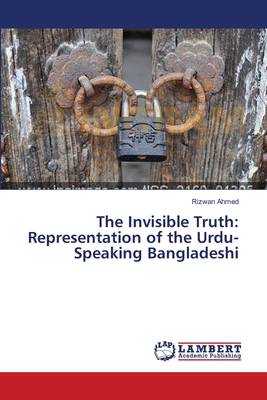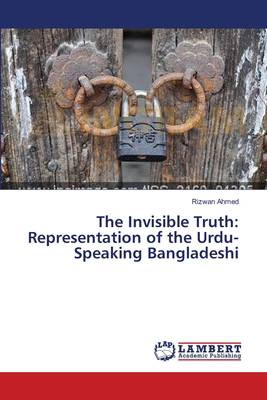
- Afhalen na 1 uur in een winkel met voorraad
- Gratis thuislevering in België vanaf € 30
- Ruim aanbod met 7 miljoen producten
- Afhalen na 1 uur in een winkel met voorraad
- Gratis thuislevering in België vanaf € 30
- Ruim aanbod met 7 miljoen producten
Zoeken
€ 35,45
+ 70 punten
Omschrijving
In comparison with the other subaltern groups, Biharis (Urdu-speaking linguistic minority) of Bangladesh belong to the lowest rung of the subaltern because of their political positioning and the conventional nationalistic stigma (they were collaborators of the Pakistani army during the Liberation War) attached to them. In 1947 these people migrated to Bangladesh from India in search of a 'home' but unfortunately, they have received neither in the form of home nor that of state. The least facilitated citizens of Bangladesh, these camp-dwellers Biharis are stereotyped as outsiders: they speak in Urdu; they still cherish the ideology of Pakistan. The fourth generations of Biharis claims Bangladesh as their homeland and are adopting the mainstream culture through a process of negotiation and negation. This work attempts to read the representation of the Biharis in the mainstream literature and media. Where non-fictional discourses invariably represent the Biharis in the negative light, literary works show considerable balance in representing the subaltern who appears both as fiends and friends. It can be hoped that this book will give a different thought about subalternity.
Specificaties
Betrokkenen
- Auteur(s):
- Uitgeverij:
Inhoud
- Aantal bladzijden:
- 56
- Taal:
- Engels
Eigenschappen
- Productcode (EAN):
- 9783659420757
- Verschijningsdatum:
- 29/06/2013
- Uitvoering:
- Paperback
- Formaat:
- Trade paperback (VS)
- Afmetingen:
- 152 mm x 229 mm
- Gewicht:
- 95 g

Alleen bij Standaard Boekhandel
+ 70 punten op je klantenkaart van Standaard Boekhandel
Beoordelingen
We publiceren alleen reviews die voldoen aan de voorwaarden voor reviews. Bekijk onze voorwaarden voor reviews.











